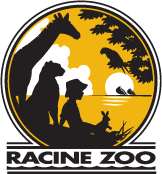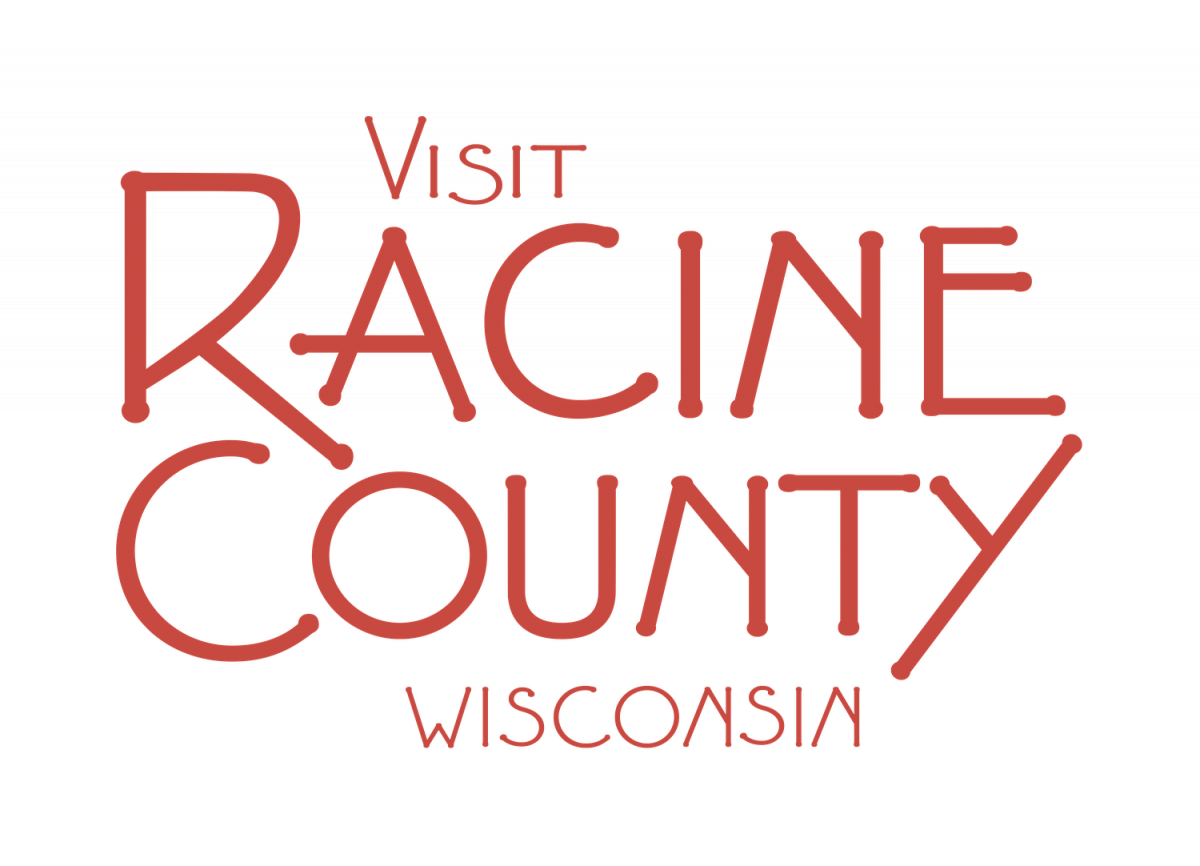
AmeriCorps members with the Racine Zoo AmeriCorps Program provide environmental education programming to elementary, middle school, and high school students to reinforce grade-level science curriculum through inquiry and research activities, environmental presentations, and programming for participating classes at the zoo. You will assist in creation and delivery of educational interpretive programming as well as animal handling and assist in maintenance of trained behaviors and zookeeping. You will facilitate volunteer recruitment and training and write reflections on service for Zoo and AmeriCorps publications. You'll also need to act as a positive role model to students in the Racine Zoo AmeriCorps program.
-
Service Term: August 31, 2025-May 29, 2026 OR Flexible Start Date – May 29, 2026
- Service Type/Length: 1200 hours (Flexibility with length possible depending on need)
-
Application: Application information at https://racinezoo.org/careers
AmeriCorps: Getting Things Done for AmericaAs the nation’s only federal agency for community service and volunteerism, AmeriCorps operates with the goal to “get things done” for America. Since its inception as the VISTA (Volunteers in Service to America) program in 1964 to help communities combat poverty, AmeriCorps has grown to include three “branches”:
This program is available to all, without discrimination on the basis of race, color, sex, sexual orientation, pregnancy, religion, age, national origin, genetic information, disability, military status, familial status, political affiliation, or any other characteristic protected by law. |
Join the Racine Zoo AmeriCorps Program! Read below what AmeriCorps Members to at the Zoo!
If you have questions or need additional information, email Brooke Richardson, AmeriCorps Program Manager, at brichardson@racinezoo.org
Our Racine Zoo AmeriCorps Members want to share their knowledge and expereinces with you! Come visit the RZAP blog where you can meet this year’s Members and learn about AmeriCorps and RZAP. New posts are published weekly and include topics ranging from what our service looks like at the Racine Zoo to conservation issues animals face in the wild. This blog is geared towards everyone, so whether you are interested in joining the program one day, discovering new actions you can take to help wild animals and places, or learning more about the Racine Zoo as a whole, this is the blog for you!

After meetings to assess need with every public school district in Racine County, research into best practices and similar programs, it became clear to Racine Zoo staff that members of the community, particularly students, benefit from greater exposure to, and participation in, zoological and environmental programming. Given the Zoo’s dedication to its mission of “fostering an enlightening and affordable wildlife experience that improves the bond between people and nature,” the AmeriCorps Program was established in the fall of 2019 through Serve Wisconsin, the state arm of the national AmeriCorps program. Since then, members of the Racine Zoo AmeriCorps Program (affectionately referred to as “RZAP”) have focused on delivering free educational programming to students in Racine County, assisting keepers in their animal care duties, and educating zoo guests about a myriad of topics relating to wildlife, conservation, and the environment.

|
Educational Programming |
RZAP members spend a large portion of their time developing and teaching free environmental education programs to students in Racine County school districts.These programs are designed to increase scientific literacy and knowledge of environmental stewardship while also exposing students to conservation topics and fostering an appreciation for wildlife. As of 2025, the five programs offered are:
|
|
Pop-Up Programs |
In addition to regularly scheduled school programs, RZAP members work to engage folks of all ages through a variety of educational offerings. You might find members out and about at the zoo at pop-up educational stations. These ‘pop-ups’ range in topic from animal and plant adaptations to native and invasive species, and utilize a combination of live ambassador animals, biofacts, and demonstrations to engage and teach guests here at the Zoo. |
|
Animal Care |
While the majority of members’ time is spent working on educational programming, that’s not all they do! They also assist the animal caretakers in all areas of the Zoo, from goats and sheep at the farm to primates and carnivores in the vanishing kingdom exhibits. Days working with the animal care team can be shadowing keepers to build their animal care skills, from helping clean habitats to observing husbandry training sessions. Members also work with the lead ambassador animal coordinator to gain proficiency in handling animals safely for programming, as well as assisting in training behaviors that are beneficial for both animals and educators. |
|
Full Member Position Description |
2025-2026 AmeriCorps Member |













